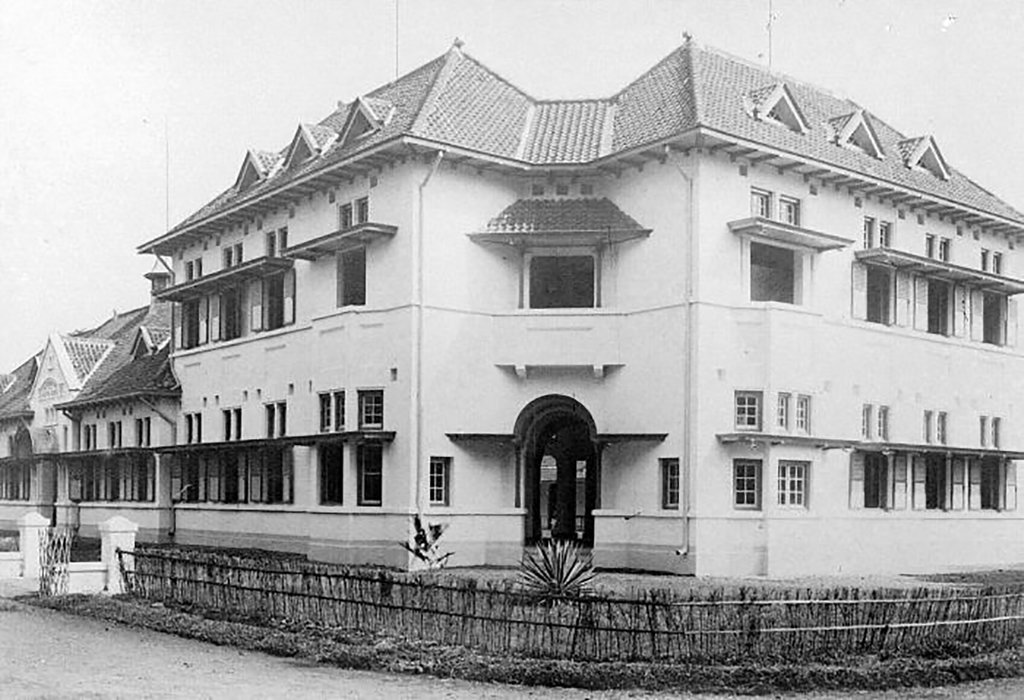The History of Kartini Day
Source: jogja.tribunnews.com
Raden Adjeng Kartini Djojo Adhiningrat, also known as R. A. Kartini, was born to a noble family in Mayong, Jepara, Indonesia on 21st April 1879. Her father, Rama Sosroningrat, was a Javanese aristocrat working for the Dutch colonial government. Her mother, Ma Ngasirah, was the daughter of a religious scholar and also the daughter of a noble family. Because of this, Kartini got the chance to attend a Dutch-language primary school when she was 6.
After she graduated from her school, Kartini experienced a Javanese tradition called “pingitan” which results in Kartini activity being limited and she needs to wait until she weds. Because of this, Kartini accepted a marriage proposal that had been arranged by her father to escape from being isolated because of the tradition. Her husband was Raden Adipati Joyodiningrat.
Because of her enthusiasm, spirit, and support from her husband, Kartini finally succeeded in establishing a school for Javanese girls. At that time, women didn’t get proper education because of their social status. The school was named after her, Kartini schools.
Source: tirto.id
Kartini school was first opened in Batavia (which now we know as Jakarta) in 1907. Kartini schools were supported by Governor-General Abendanon and Queen Wilhelmina of the Netherlands. Later, Kartini Schools were opened in Malang, Cirebon, Semarang, Bogor, and Surabaya.
Kartini realized that the most effective way to initiate emancipation for Indonesian women is through education. Nowadays, many Indonesian women became leaders, athletes, scientists, chefs, and much more. It proves that women are also capable of doing many things just like men.
On 17th September 1904, Kartini died in the regency of Rembang, Java. She was buried at Bulu Village. At that time, Kartini was 25 years old. Jacques H. Abendanon published Kartini’s letters into a book called “Habis Gelap Terbitlah Terang” seven years after she died. Kartini has made a great impact on women emancipation in Indonesia because her book, “Habis Gelap Terbitlah Terang,” inspired many women in Indonesia. Because of Kartini’s dedication, President Soekarno declared 21st April (which is Kartini’s birth date) as “Kartini day.”
References:
https://id.wikipedia.org/wiki/Kartini
https://www.indoindians.com/kartini-day-a-symbol-of-modern-women-empowerment-in-indonesia/
https://www.biography.com/activist/raden-adjeng-kartini
https://www.its.ac.id/news/en/2019/07/08/the-emancipation-of-kartinis-figure/
Image Sources:
https://tirto.id/sekolah-kartini-balas-budi-perempuan-belanda-kepada-pribumi-d1J3


